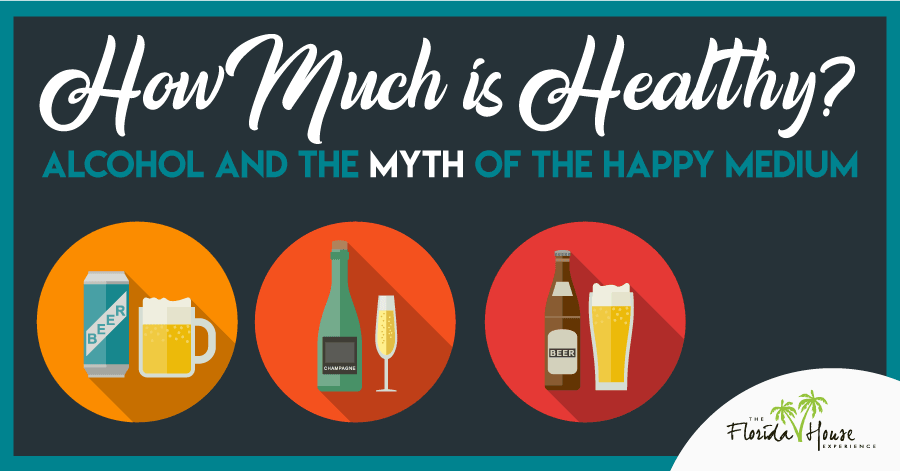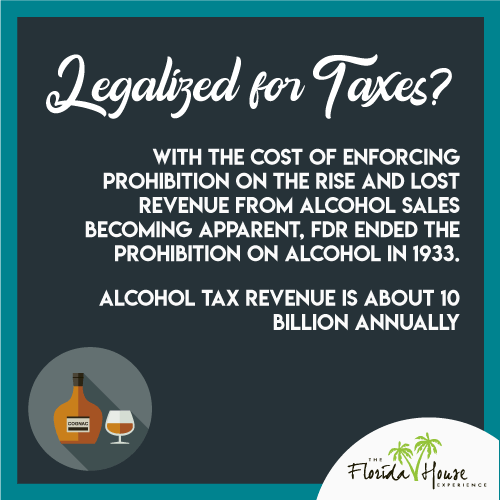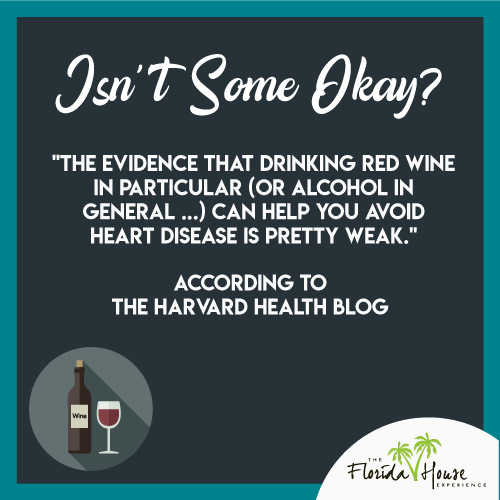
Imagine what would happen if a pharmaceutical company tried to introduce a new drug today: one that’s known to inhibit the central nervous system and depress both physical and psychological activity even when taken in small doses. Add to that the fact that this new drug triggers the release of naturally occurring opioids called endorphins in the brain, dramatically increasing the odds of users developing a serious, life-threatening dependency.
And not only does this new drug have a high potential for abuse, but there is little in the way of clear, scientific evidence to prove it provides any medical benefits. This drug is known to contribute to many types of cancer, weaken the immune system, cause high blood pressure, damage the liver and cause pancreatitis. Excessive use of the drug is expected to claim about 88,000 lives each year in the United States and be directly implicated in 1 out of every 10 deaths among adults aged 20 to 64.
Given the grim impacts of this drug, you’d expect it to be completely banned by the government officials. After all, with such a high potential for abuse, the staggering mortality rates and the lack of any valid reason to use it, no reasonable person would ever legalize it.
Alcohol Legalized to Boost Tax Revenues
 On December 5, 1933, President Franklin D. Roosevelt did just that when he signed a proclamation ending the 1917 nationwide prohibitions on alcohol. Prohibition was repealed in response to mounting public pressure to decriminalize alcohol in order to recoup lost tax revenues and take alcohol profits back from mobsters, rum-runners and bootleggers like Al Capone.
On December 5, 1933, President Franklin D. Roosevelt did just that when he signed a proclamation ending the 1917 nationwide prohibitions on alcohol. Prohibition was repealed in response to mounting public pressure to decriminalize alcohol in order to recoup lost tax revenues and take alcohol profits back from mobsters, rum-runners and bootleggers like Al Capone.
Unsurprisingly, the repeal of prohibition was protested by activists within the temperance movement who warned of the dangers of alcohol consumption. They predicted widespread addiction, criminal activity, illness and widespread social consequences stemming from the decriminalization of alcohol, and unfortunately many of these predictions came true.
On the other hand, legalization of alcohol has been exceptionally lucrative from a tax revenue perspective just as FDR had hoped. In the last decade alone, nationwide alcohol revenue tax totals have averaged just under $10 billion annually, and those numbers are predicted to rise in the next five years.
Would Alcohol Even Be Approved Today?
Currently, alcohol is de-scheduled, putting it in the same category as tobacco, in spite of the fact that alcohol seems to fit the U.S. government criteria for a banned substance.
According to the United States Drug Enforcement Administration (DEA), “Schedule I drugs, substances or chemicals are defined as drugs with no currently accepted medical use and a high potential for abuse.” Heroin, marijuana, MDMA (ecstasy), LSD and psilocybin (magic mushrooms) are among the drugs currently classified as Schedule I.
When you consider what we now know about alcohol and the devastating consequences alcohol use has had on everything from addiction rates to road safety, it’s likely that alcohol as we know it would never be approved today.
But Wait, Isn’t Moderate Alcohol Consumption Healthy?
 There’s been a lot of buzz during the past decade regarding the purported health benefits of drinking a glass of red wine daily, with moderate consumption being linked to everything from improved fertility among women to a lowered risk of heart disease. It’s even been linked to better balance among the elderly and reduced obesity rates in middle-aged women. Alcohol consumption may even help repel bedbugs.
There’s been a lot of buzz during the past decade regarding the purported health benefits of drinking a glass of red wine daily, with moderate consumption being linked to everything from improved fertility among women to a lowered risk of heart disease. It’s even been linked to better balance among the elderly and reduced obesity rates in middle-aged women. Alcohol consumption may even help repel bedbugs.
Researchers have recently begun to debunk many of the studies claiming that moderate drinking offers health benefits, largely due to serious flaws in the data collection methods and study analysis. According to the Harvard Health Blog, “the evidence that drinking red wine in particular (or alcohol in general …) can help you avoid heart disease is pretty weak.”
For example, most studies that claim light alcohol consumption helps reduce the risk of developing cardiovascular disease don’t account for the fact that as people age, they are both naturally at a greater risk of having heart problems and less likely to drink alcohol. That means a study that includes older nondrinkers with younger drinkers may conclude that drinking alcohol helps improve heart health, when in fact, it’s not quite that simple.
Even research conducted by trusted sources is now being scrutinized for having close ties with alcohol manufacturers. The National Institutes of Health is in the midst of a 10-year study into the health effects of drinking alcohol. Many big names in the alcohol industry, such as Anheuser-Busch, Heineken and Pernod Ricard have contributed to the $70 million dollar cost of the research.
If Alcohol Is So Dangerous, Why Is It Legal?
Advocates for keeping alcohol access relatively unrestricted here in the United States point to the fact that the majority of people who drink do not develop alcohol use disorder, suffer from cirrhosis of the liver or ruin lives by driving while impaired. Alcohol is often cited as having cultural significance, and it’s definitely a major economic driver, with a reported 6.2 million American jobs linked to the retail beverage industry.
In fact, the current size of the global alcoholic beverage market is pegged at a staggering $1,344 billion USD, and it’s predicted to grow at a rate of 2.1 percent to reach $1,594 billion by 2022. With the massive reach of the alcohol industry, it’s highly unlikely any government would ever attempt to reinstate prohibition or even classify alcohol under the DEA drug schedule.
However, governments can amp up public education efforts to educate Americans about the growing research that demonstrates even moderate drinking can, and does, have serious consequences. A recent study of close to 600,000 adult drinkers concluded that the current alcohol consumption limits recommended by the U.S. government for drinkers are too high, and simply reducing those recommended amounts by half or more could extend life expectancy for a 40-year-old male by one to two years.
Public Opinion About Alcohol Use Is Slowly Shifting
On the upside, public awareness regarding the risks of even moderate alcohol consumption seems to be growing. Increasingly both drinkers and teetotallers are becoming more aware of the inaccuracies of studies promoting alcohol as a healthy beverage and the economic drivers behind alcohol promotion.
Concerned About Your Alcohol Use?
For many people, no amount of alcohol is safe. If you’re among the millions of Americans who struggle with an addiction to alcohol, we’re here to help. Contact us today to find out how we can help you get started on the road to recovery with our comprehensive, personalized detox, treatment and rehab programs.






